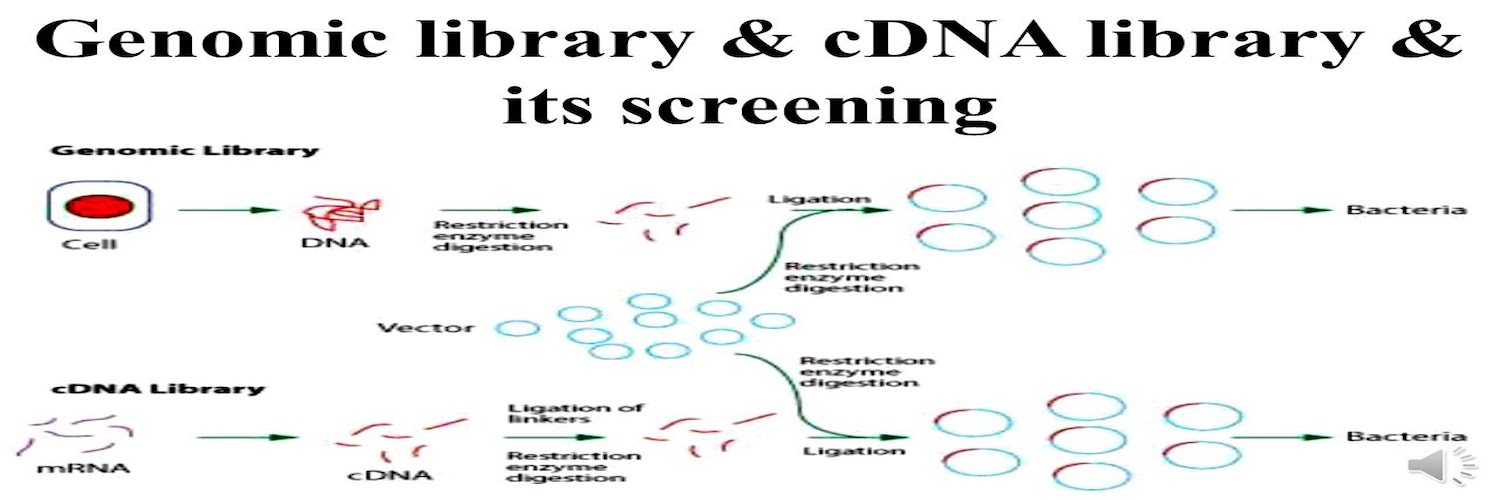Chemical libraries refer to a collection of stored chemicals that are used in various applications, such as high-throughput screening and industrial manufacture . The chemical library can consist in simple terms of a series of stored chemicals or virtual chemical compounds . Compounds stored in these libraries can be of natural or synthetic origin and are used to probe the activity of proteins and test for drug efficacy .
Chemical libraries have played a crucial role in drug discovery and development, serving as valuable resources for identifying potential drug candidates by screening large collections of compounds against specific biological targets . One notable example of a widely used chemical library is PubChem, which is the world’s largest collection of freely accessible chemical information . PubChem is a comprehensive resource for chemical and physical properties, biological activities, safety and toxicity information, patents, literature citations, and more.
Furthermore, chemical libraries have become a significant research area in computational chemistry and cheminformatics. Researchers utilize chemoinformatics tools and methods to design and build diverse chemical libraries, helping them to explore chemical space efficiently and identify compounds of interest .
In summary, chemical libraries play a critical role in drug discovery research, industrial production, and are useful for various fields related to chemistry research.
Sources:
- Chemical library – Wikipedia
- Chemical Library – an overview | ScienceDirect Topics
- Chemical libraries – Latest research and news | Nature
- PubChem
- Chemoinformatics-based enumeration of chemical libraries: a tutorial …




